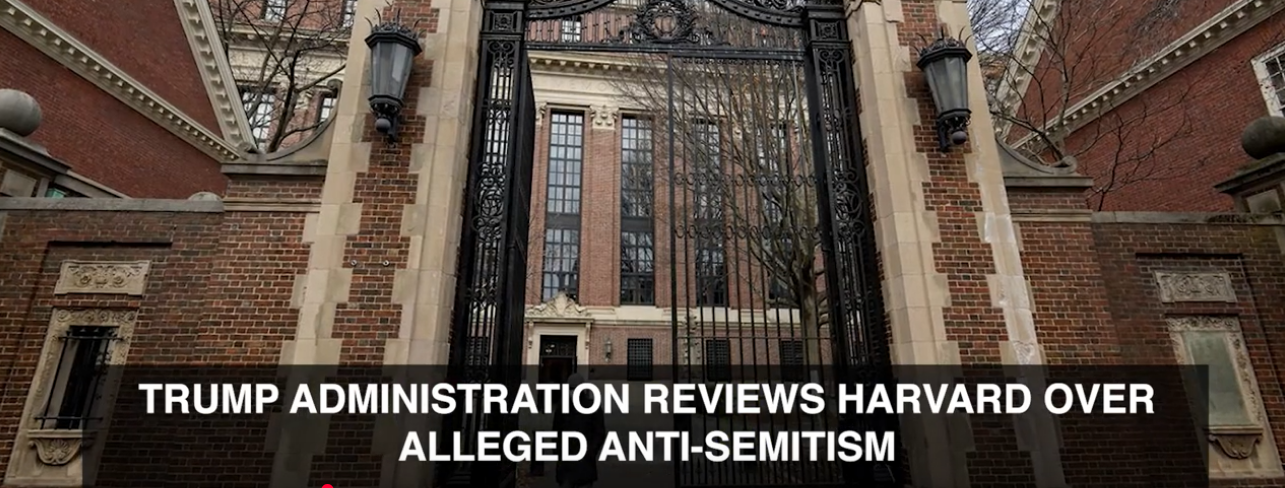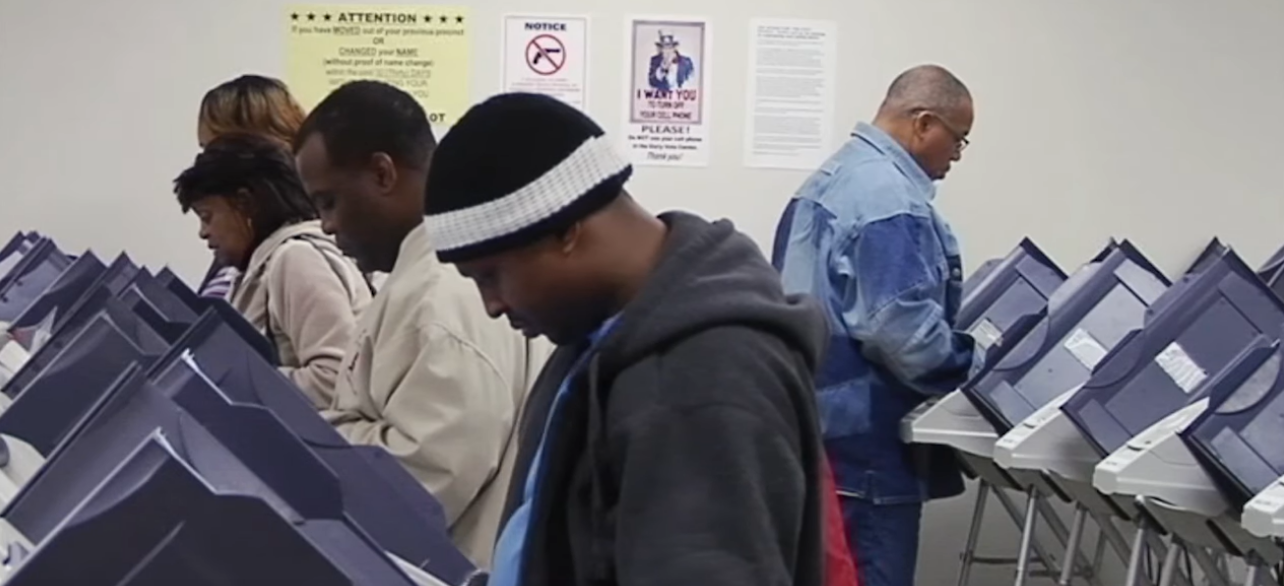Photo: YouTube
Several months ago I heard long-time progressive activist George Lakey speak on a zoom call. One of the main issues he addressed was political polarization and how, though it may feel otherwise, it can be positive, a reflection of major changes for the better, potentially, taking place in society.
There is a very big, current macro example of this. Over the last seven years we have seen the Republican Party become dominated by extreme right-wingers, deniers of democracy and climate disruption and upholders of racism, patriarchy, heterosexism and deepening class oppression. At the same time we have experienced an increase in left-wing progressivism via the two Bernie Sanders Presidential campaigns, deep and wide climate justice activism, an upsurge of the anti-racist, women’s, labor and other movements, and the growth of both The Squad and the Congressional Progressive Caucus.
This growth of strong progressivism was in large part a response to the serious threat represented by the rise of Trumpism. And although those neo-fascist, regressive political forces were set back in the elections a month ago, it is clear that they have not been defeated. There will be on-going battles for the foreseeable future.
How can we ultimately defeat them?
It won’t come about via the pro-corporate, incrementalist-at-best approach of the dominant forces in the Democratic Party. It is that approach which, via NAFTA and other “free trade” policies during the Bill Clinton Presidency, decimated an already struggling industrial working class in the US. This had something to do with the eventual rise of the rightist Tea Party movement, followed by the rise of Trumpism and the positive response to it from far too many white workers.
The political battle between system-critical progressives, system-accepting centrists and rightist authoritarians-or-worse is nothing new. It goes back centuries throughout much of the world. Is there anything different about our situation today that can give us hope that si, se puede, yes, we can win? I think there is.
A major difference in the 21st century is that we are facing the certainty that human societies and ecosystems will unravel in apocalyptic ways in the coming decades if, at a minimum, we do not break the power of the fossil fuel industry and their allies and shift rapidly as a world to conservation, energy efficiency and clean, renewable energy sources like wind and solar. Several days ago on CNN I saw Neil Degrasse Tyson being interviewed and he used the word “extinction” to describe what is looming in our future, absent rapid and fundamental change.
The right wingers are on the wrong side of this huge issue. As this crisis deepens and more and more people are affected by extreme weather events and other climate-related disruptions to their lives, those who fought against taking action on it will pay a political price.
Also significant in the USA is the Republican Party being openly, blatantly opposed to women having control over their bodies, as well as their blatant efforts to undercut and destroy fundamental democratic rights, like the will of the voters being what determines who wins elections. Over time, if the progressives keep building upon our successes and visible activism and electoral victories of the last six or so years, and as the Millennials and Generation Z increasingly assert and give political leadership, there are sound reasons to think that yes, we can defeat the Trumpists, reduce the extent of their support so that, though still here, their influence will be significantly lessened.
I think that what happened in the late 60s and early 70s has similarities, but one big difference, in comparison with our situation today. From 1969 to 1974 Richard Nixon was President and proceeded to undertake many policies similar to those of the Trumpublicans. But like Trump, he overplayed his hand, used illegal skullduggery to hurt the Democrats, got caught and was eventually forced to resign in August of 1974. Throughout all those years the Indochina War peace forces continued to organize and take action as did other progressive efforts, which played a role in Nixon’s eventual downfall.
The big difference between then and now is that, until Jesse Jackson ran for President in 1984, there was nothing like the Bernie Sanders/Elizabeth Warren/Squad/Congressional Progressive Caucus operating in the electoral arena. As a result, when Ronald Reagan won the Presidency in 1980, there was not much of a progressive electoral and non-electoral Left able to fight effectively against the many regressive domestic and international policies his administration enacted.
Due to our current political and organizational reality, stronger than was the case back then, we can withstand attempted rightist repression and, indeed, turn it into movement-building for us if our movement of movements keeps using three overarching tactics and methods: We must be grounded in day-to-day, community-, workplace- and issue-based organizing by millions of volunteer and paid activists and organizers utilizing popular education and dialogical approaches and techniques. We must engage in independent electoral campaigns from the most local to the highest level, doing so in a tactically flexible way as far as whether to run on a Democrat, independent, Working Families, Green or other line. And we must continually but strategically organize public marches, demonstrations, strikes, and nonviolent direct actions on key issues.
Also, and critical, the diverse and extensive mix of organizations that make up this potential popular alliance must consciously develop group-centered leadership, not individual-centered leadership, to evolve a “not me, us” democratic internal culture and to provide a welcoming and personally rewarding experience for all those involved.
As the new year approaches, let’s resolve to keep at it, build deeper roots, reach out more broadly and find ways to unify to be more effective in our struggles for survival and a new world.
Ted Glick has been a progressive organizer, activist and writer since 1968 and a climate justice organizer since 2003. He is the author of the recently published books, Burglar for Peace and 21st Century Revolution. More info can be found at https://tedglick.com, and he can be followed on Twitter at https://twitter.com/jtglick.







